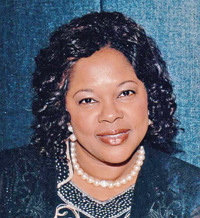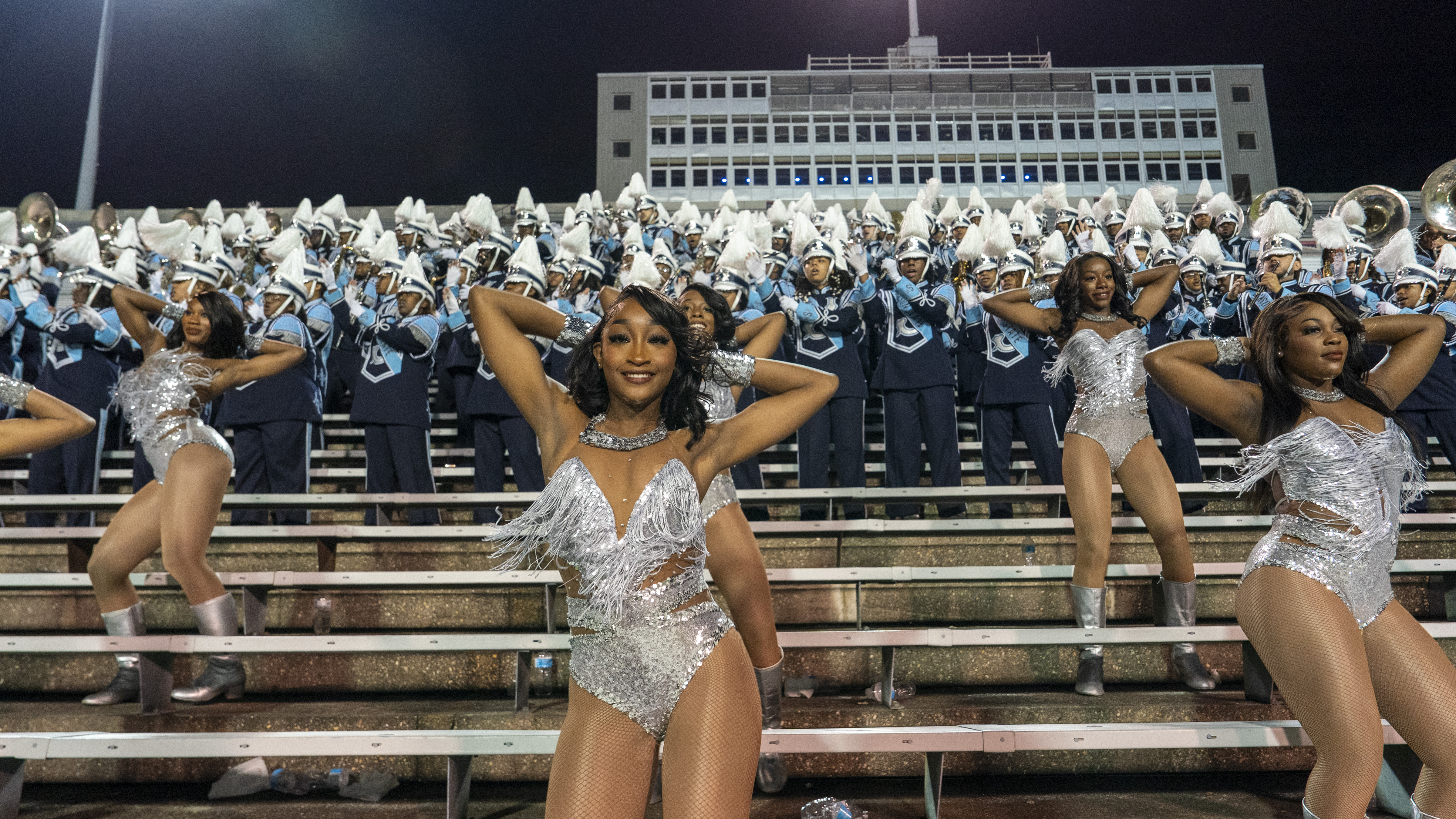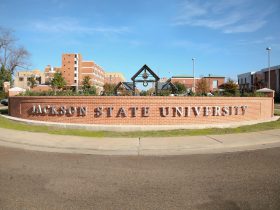
By John Gessner
Sun This Week
Raised by parents without high school diplomas, Janice Porter was the first in her family to graduate and the first to attend college.
She’s the first — and still only — African-American head principal in Burnsville-Eagan-Savage School District 191 in Burnsville, MN.
That caught the attention of officials in Jackson, Miss., where the former Janice Williams arrived in 1975 with a suitcase and a Pell Grant to study science at Jackson State University.
Jackson doesn’t forget its “firsts.” As one of them, Porter was selected grand marshal and honoree of the city’s Dr. Martin Luther King Jr. celebration Jan. 17 to 20. Porter will also judge the student oratory contest at the annual event, which she described as the nation’s largest King commemoration.
MLK Day is Jan. 20 this year.
“I’m just humbled by this honor,” said Porter, 56, who has been principal of Burnsville Alternative High School since 2005. “I don’t see myself as even deserving. I just see myself as doing what I needed to do.”
Porter, who lives in Eagan with her husband, Phillip, was the second of 10 children raised by Lethell and Elvalene Williams in the rural Progress community of Pike County, Miss.
Her father, now 78, worked on an oyster boat out of Houma, La., and later for a steel mill in Amite, La. Her late mother drove school bus, cleaned homes and worked in restaurants.
“They valued education,” Porter said. “They valued hard work, family, God and community. Their desire was that each one of their kids earn a high school diploma. They wanted each child to go to college.”
Porter got through college on her Pell Grant, work-study and a loan from her farmer grandparents. Her parents sent $10 or $20 when they could.
She earned bachelor’s and master’s degrees from Jackson State in biology education. Porter did her student teaching at Brinkley Junior High in Jackson. Her father, with help from his boss at the steel mill, got a car loan so she could get to work.
“Back then, it was hard for African-American people to get loans,” she said. “His boss, who was a white man, signed for him to get a loan.”
Porter was a science teacher and specialist for five years at Cedar Riverside Community School, a charter school in Minneapolis, before being hired by District 191 in 1998.
She taught life science at Metcalf Junior High and Earth science at Nicollet Junior High before being hired as Burnsville High School’s dean of students. In 2001 she became associate principal of the alternative high school and Burnsville Area Learning Center.
“Her sojourn from the Progress Community in Pike County, to Jackson State, to Minnesota is laden with success after success as she has met and conquered challenges along the way,” reads a testimonial from Dr. Hilliard Lackey, an associate professor of urban studies at the historically black Jackson State and Porter’s work-study mentor during college.
Porter said her educational “passion” is for the at-risk and “really diverse group of kids” at the alternative school, whose current enrollment is about 160.
“I know all the struggles I went through to get a high school diploma, to get a college degree,” said Porter, who is working on a doctorate in education leadership through Bethel University. “I try to help them navigate those systems so they can be successful.”
During her visit to Mississippi, Porter will revisit the former Brinkley Junior High (now a middle school) for the parade lineup on Saturday, Jan. 18. The parade will begin at Freedom Corner (Dr. Martin Luther King Street and Medgar Evers Boulevard).
“As grand marshal, you get to ride in the leading car,” Porter said. “There’s going to be a sign made for the car and everything. That’s a big deal for me.”
Porter will be honored at the city’s King banquet at the Walter Payton Center (named for the NFL great and Jackson State alum) on the college campus.
“I do stand on the shoulders of so many that went before me,” she said, citing her family and civil rights heroes such as Thurgood Marshall, King and Evers, whose 1963 assassination was in Jackson.
“They had so many more struggles than what I had. Just for me to have a better life, access to a better education, better job opportunities, I appreciate. I would tell them thank you.”







Leave a Reply